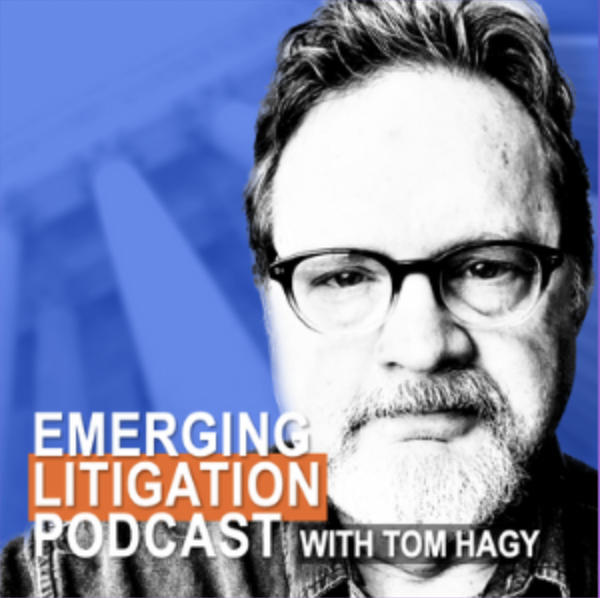Federal Courts Issue Contrasting Rulings on AI Training and Copyright Fair Use
By Tom Hagy*
The intersection of artificial intelligence and copyright law is rapidly evolving. In recent weeks, courts in the Northern District of California issued contrasting rulings on whether training AI models on copyrighted works constitutes “fair use”—a question with enormous implications for technology companies, publishers, and creators.
Bartz v. Anthropic: Fair Use for Training, Not for Pirated Copies
In Bartz v. Anthropic, the court held that using lawfully purchased books to train generative AI models qualifies as “exceedingly transformative” and is protected by fair use. However, the court drew a line at pirated copies, finding that training on unauthorized works constitutes direct infringement.
Key Points:
- Transformative Use: Training AI models on purchased books is considered transformative, as it does not substitute for the original work and serves a new purpose.
- Pirated Works: Use of pirated books for training is not protected; direct infringement occurs at the ingestion stage.
- Implications: The ruling clarifies that the source and licensing of training data matter for fair use analysis.
Kadrey v. Meta: Meta’s Use of Pirated Books Transformative
In Kadrey v. Meta, the court found that Meta’s use of pirated books to train its Llama AI models was “highly transformative” and did not constitute direct infringement. The decision is controversial and likely to be appealed, as it diverges from the Bartz ruling.
Key Points:
- Transformative Purpose: The court emphasized the new and different use of the works in AI training, distinguishing it from traditional copying.
- No Direct Infringement: Despite the use of pirated books, the court found no direct infringement at the ingestion stage.
- Legal Uncertainty: The decision highlights the lack of consensus among federal courts and signals further litigation ahead.
Why These Rulings Matter
- AI Industry Impact: These decisions affect how companies like Meta, Anthropic, and OpenAI source and use training data for large language models.
- Copyright Holders: Authors, publishers, and rights holders face uncertainty about how their works may be used by AI developers.
- Litigation Trends: More than 50 AI copyright lawsuits are pending, and courts are increasingly scrutinizing the ingestion and use of copyrighted works in AI training.
- Fair Use Doctrine: The rulings underscore the evolving nature of fair use in the context of transformative technologies.
For those interested in exploring the practical implications of these decisions, the Emerging Litigation Podcast episode “Artificial Intelligence Meets Copyright Law” with Ryan Phelan and Tiffany Gehrke provides an excellent discussion. The episode highlights how courts are analyzing AI training as a “transformative use,” distinguishes between legally obtained and pirated training data, and explores how AI outputs could affect fair use outcomes. Phelan and Gehrke offer insights into the balance between AI innovation and protecting copyright holders, emphasizing the importance of compensating creators when their works are central to high-value AI models.
Key Takeaways
Companies will want to ensure that their AI models are trained on lawfully acquired works to minimize legal risk. As for these cases, appeals are almost certain. Of course, attorneys, companies, and developers will want to monitor these and other decisions in this exploding area. They are certain to impact how companies use AI, the liability they will face, and how creators can protect their original works.


